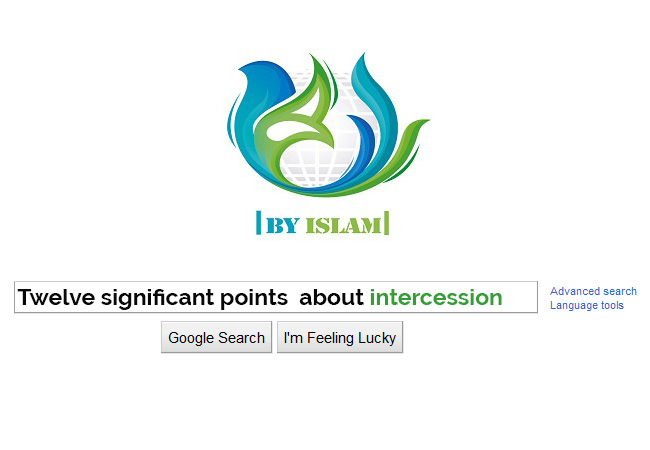Twelve significant points that you should know about intercession/3
 Shafa’a in the Qur’an
Shafa’a in the Qur’an
The noble Prophet’s (s) Shafa’a has been clearly stated in the Qur’an and Muslims have no disagreement on the principle of Shafa’a in general and disagree only on its rulings and position. For example, in the verse “And keep vigil for a part of the night, as a supererogatory [devotion] for you. It may be that your Lord will raise you to a praiseworthy station.” (17:79) all Shi’a and Sunni exegetes agree that by “a praiseworthy station”, the position of Shafa’a is meant which God has promised to His Messenger (s).[1]
The verses mentioned in the Qur’an about Shafa’a can be categorized in some groups, some of them totally reject Shafa’a in the hereafter, some regard Shafa’a exclusive to God, some regard Shafa’a conditioned to the permission and order of God and some reject Shafa’a about some people.
Studying all the verses of Shafa’a implies that the glorious Qur’an approves of a kind of Shafa’a and disapproves and rejects other kinds of Shafa’a. The verses which reject Shafa’a imply that no one other than God has such a right and those verses which support Shafa’a imply that Shafa’a belongs to God and others can do Shafa’a only by His permission.
“Intercession is of no avail with Him except for those whom He permits.” (34:23)
1)Razi,al-Tafsir, vol.3 p55



